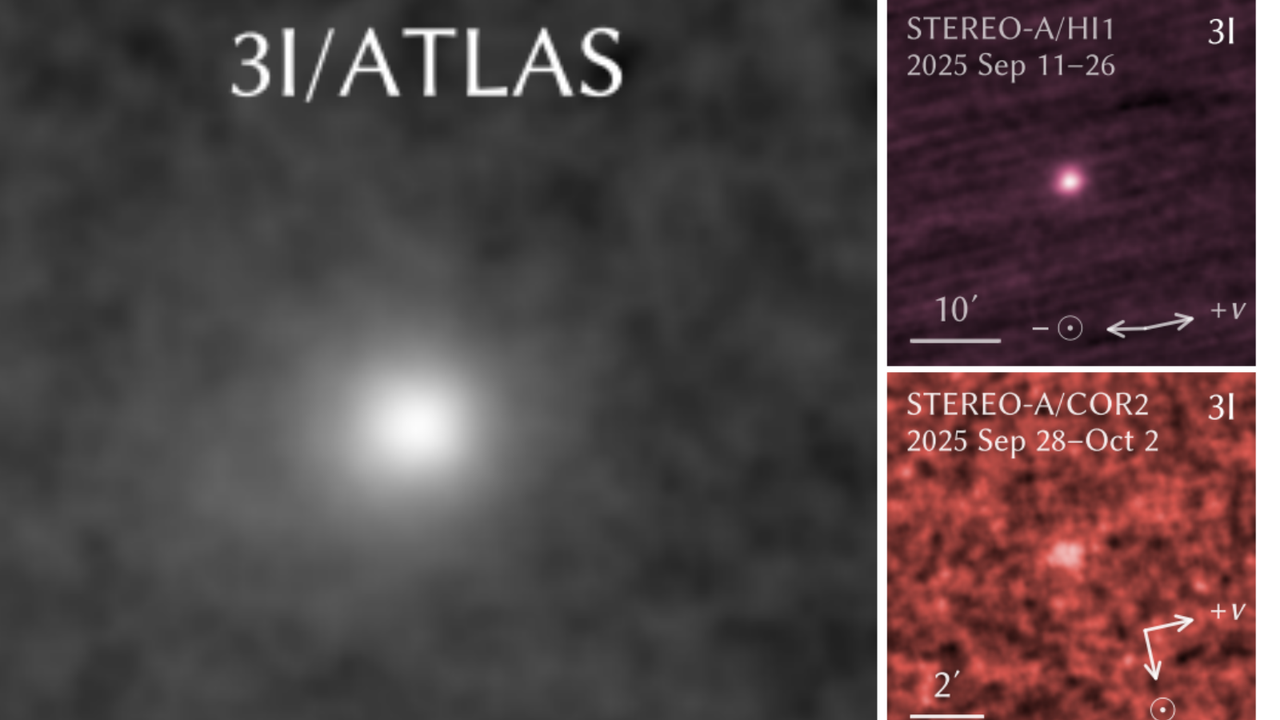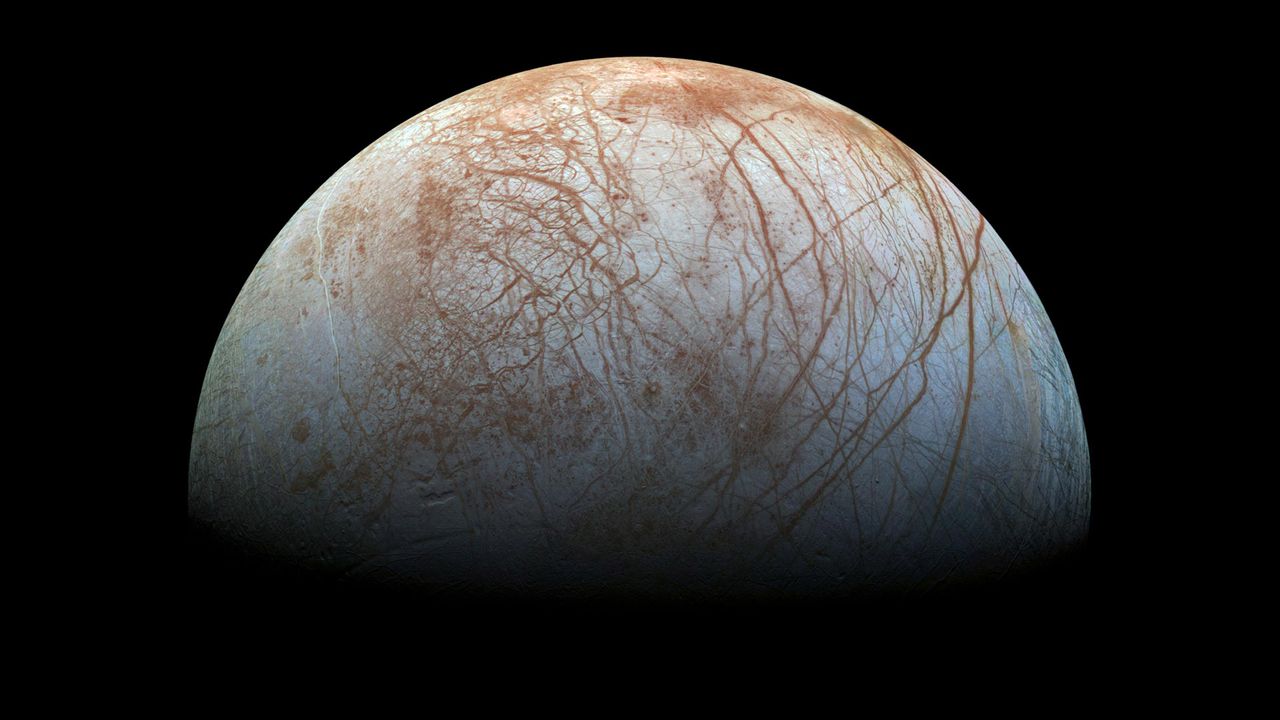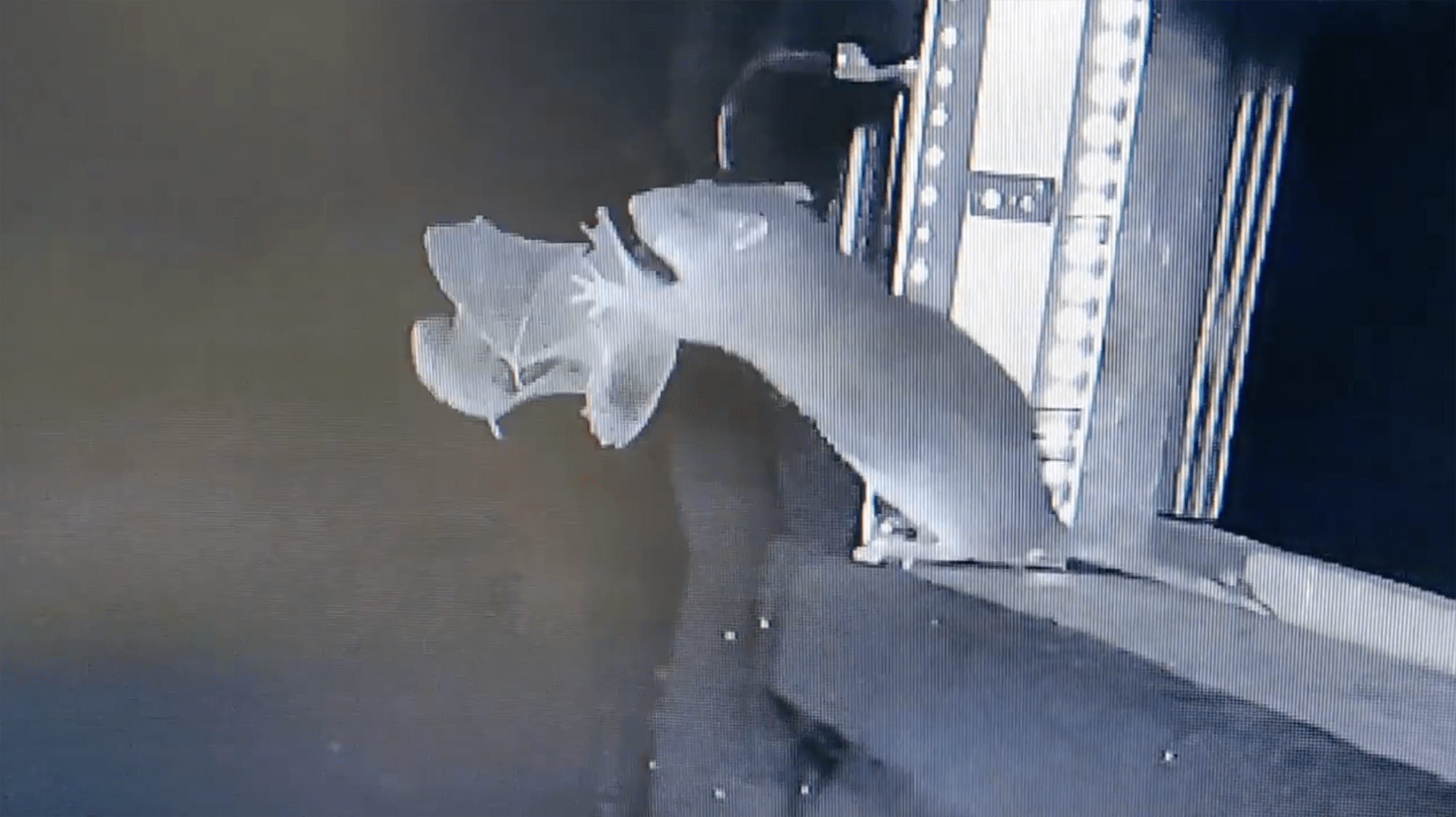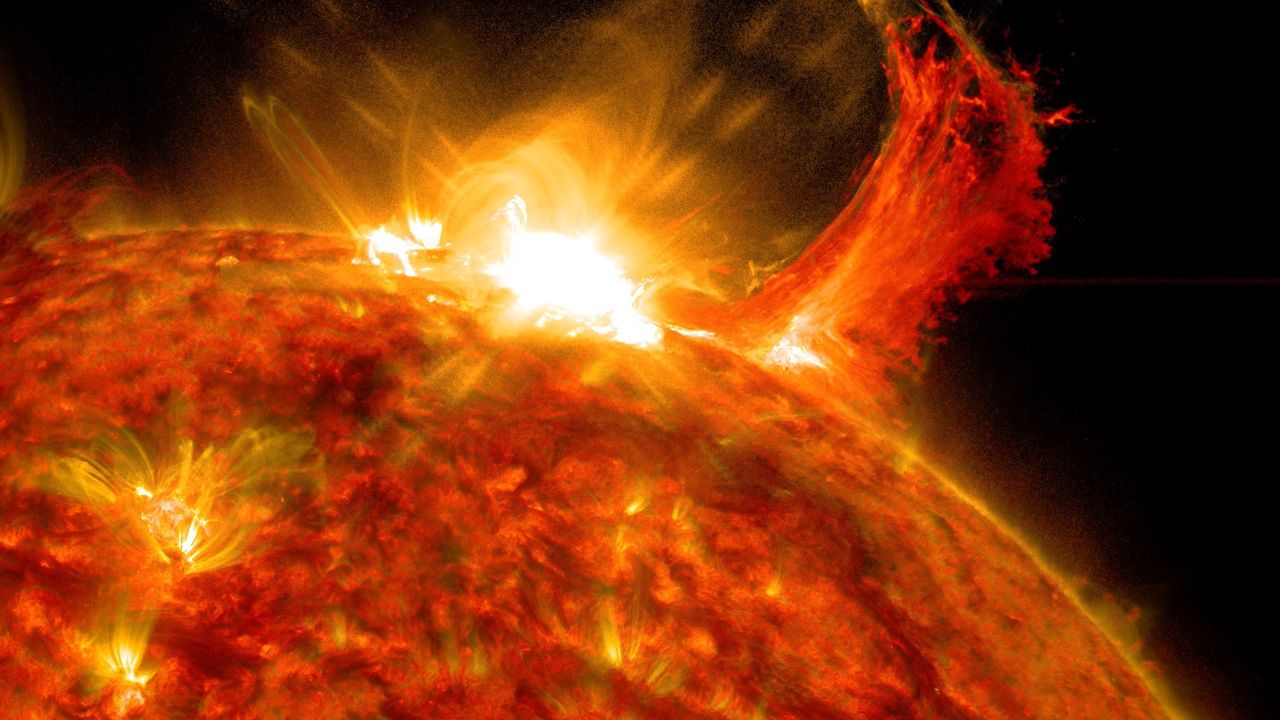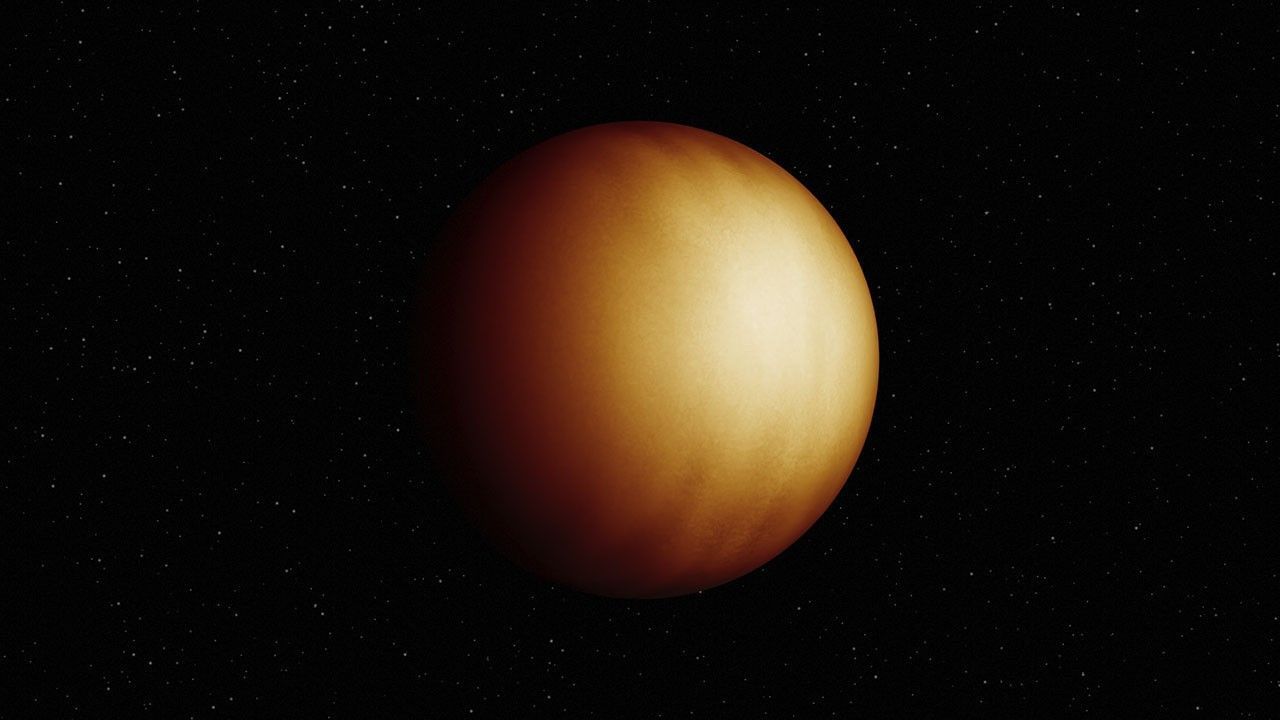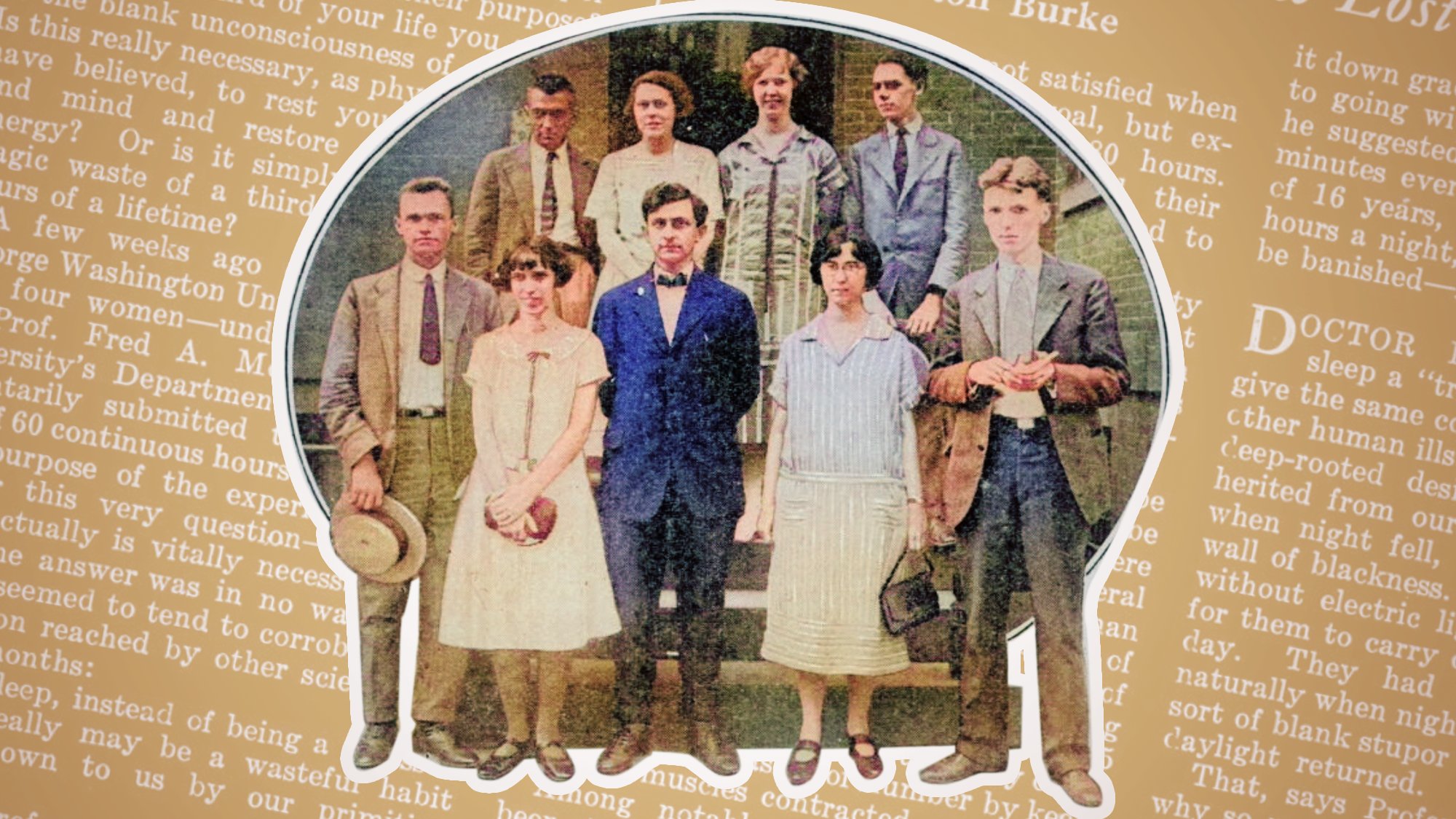'Ghost particles' can zoom through you without a trace. Scientists are getting to the bottom of this cosmic mystery
NeutralScience
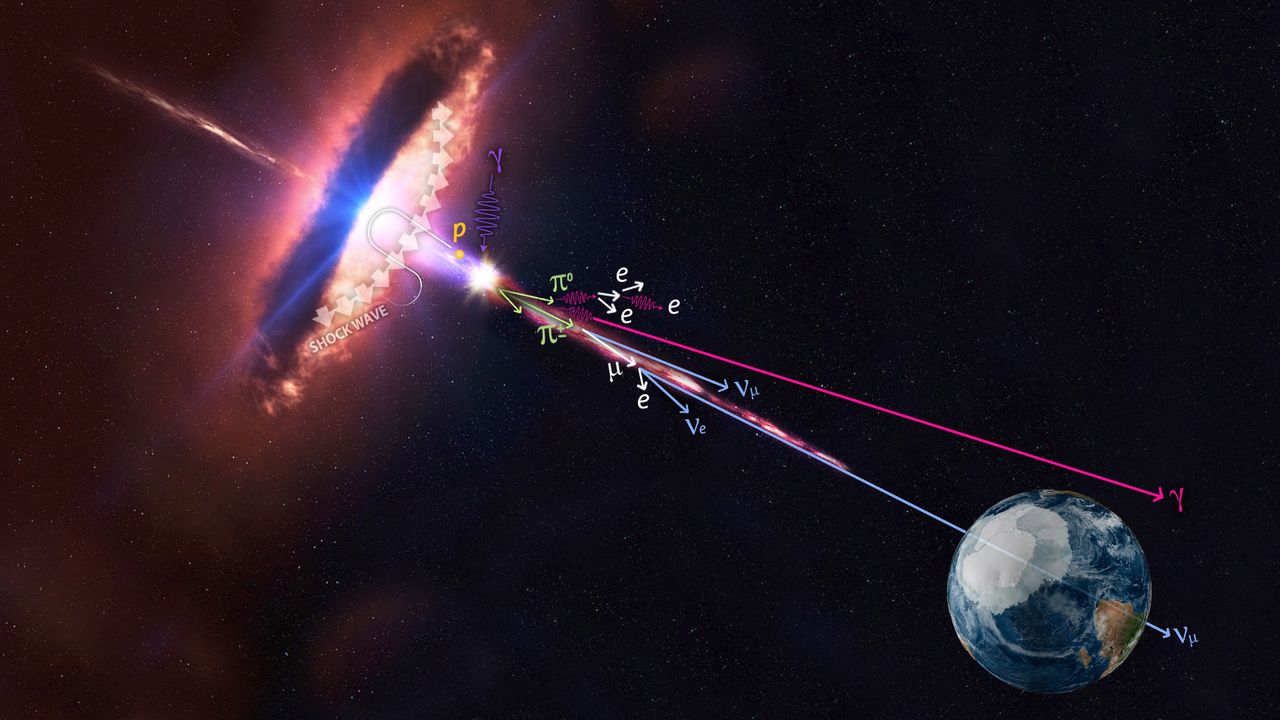
Scientists are delving into the enigmatic world of ghost particles, known as neutrinos, which can pass through matter without leaving a trace. This research is crucial as it could unlock new understanding of the universe and its fundamental forces, shedding light on phenomena that have puzzled scientists for decades.
— Curated by the World Pulse Now AI Editorial System

